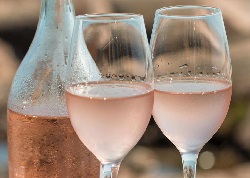World Famous Grapes
Chenin Blanc
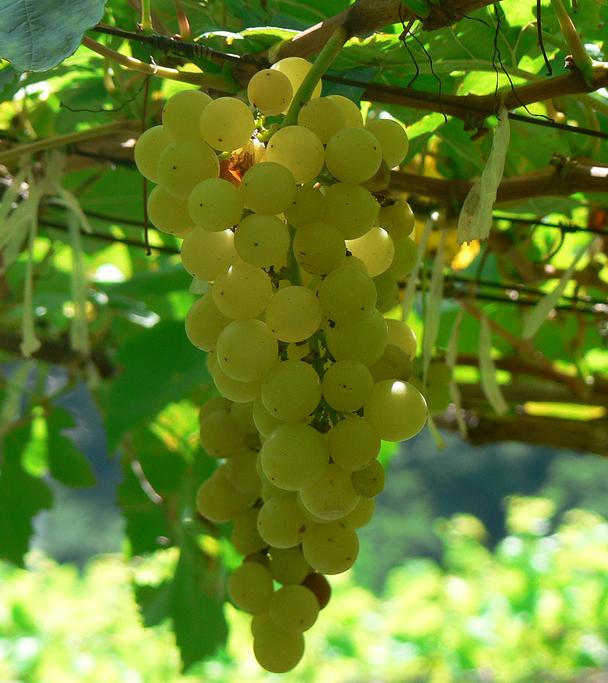
Chenin Blanc was born and raised in Anjou in the Loire Valley in France, where it is also called "Pineau de la Loire".
Like Chardonnay, Chenin Blanc is very versatile and is growing worldwide.
The grape has a high acidity like Sauvignon Blanc, but the wines come in all forms: dry, off-dry, sweet, and sparkling.
Chenin Blanc Flavors
Ripe Apple, Pear, Pinapple, and Honey are typical Chenin Blanc flavors, with hints of Flowers and Minerals.
Apple |
Pear |
Melon |
Pineapple |
Passion |
Honey |
Flowers |
Minerals |
Chenin Blanc Styles
Chenin Blanc is a terroir-reflective grape with a rather neutral flavor profile. Soil (terroir), climate, old vines, and winemaking technices can be much reflected in the wine.
In France, Chenin Blanc produces wines with high acidity, and flavors of Apple and Pear. In warmer climates, Chenin Blanc produces more tropical aromas like Guava and Pinapple.
The high acidity allows Chenin Blanc to produce a variety of wine types.
In Loire, early harvested grapes are used to create the sparkling Crémant de Loire.
Late-harvested Chenin Blanc, infected with noble rot, is used to produce dessert wines with well balanced aromas of Peach, Honey, and Marzipan.
Chenin Blanc in Europe
France
Loire is the French wine region most closely associated with Chenin Blanc.
The Vouvray Region
Chenin Blanc is the dominant white grape in the Vouvray region in the Loire Valley. The region has its own terms to describe Chenin Blanc:
Methode Traditionelle – Sparkling Chenin Blanc.
Sec – Dry Chenin Blanc.
Tendre – Off-dry Chenin Blanc (perhaps the most popular style in France).
Moelleux – Sweet Chenin Blanc (dessert wine style).
The Anjou Region
Anjou is best known for sparkling Chenin Blanc (Anjou Mousseaux and Crémant de la Loire).
Côteaux du Layon
Sweet Chenin Blanc from Côteaux du Layon, made with noble rot, are amazing, and world famous (Quarts de Chaume and Bonnezeaux).
The Montlouis Region
The Montlouis region produces high quality Vouvray style dry Chenin Blanc.
Chenin Blanc in the New World
South Africa
South Africa accounts for about 50% of the plantings of Chenin Blanc.
Chenin Blanc is also commonly found in USA, Australia, and New Zealand.
Wine Region Loire
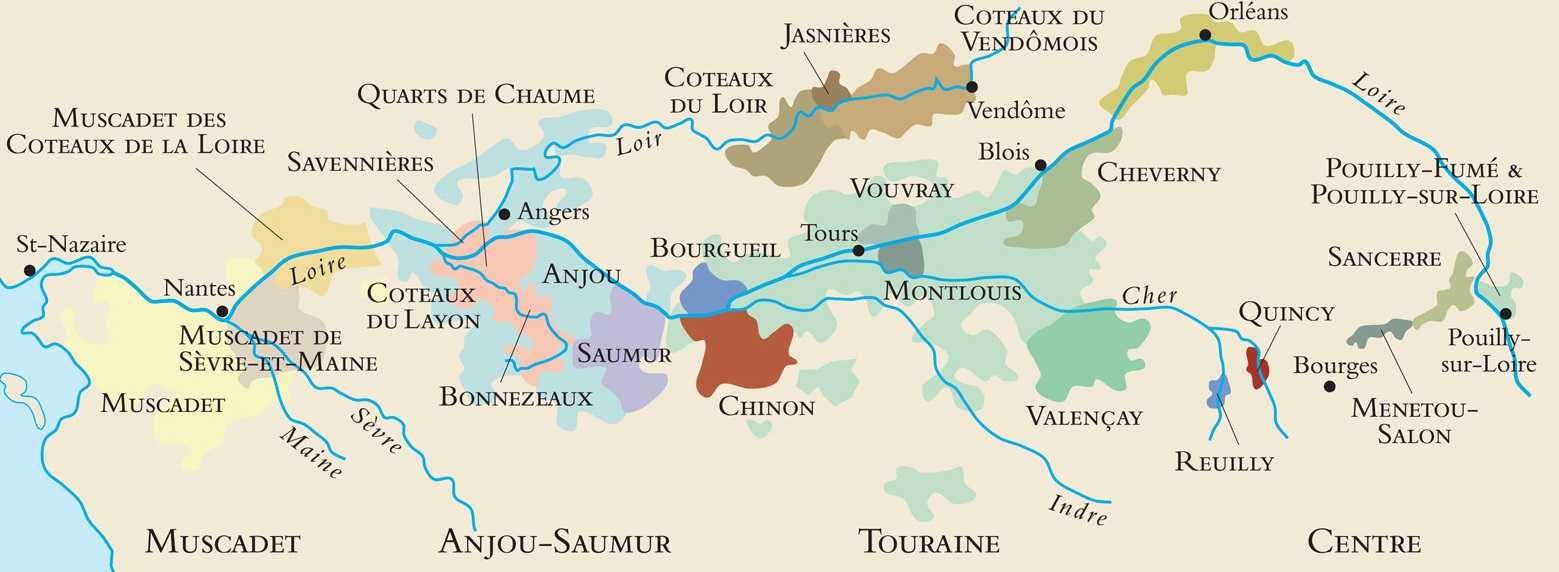
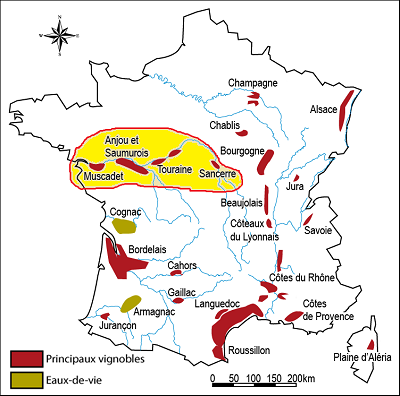
Loire Valley Climate
Different regions are subject to different climate influences:
Lower Loire (Muscadet and Pays Nantais) has a cool maritime climate with high rainfall.
Middle Loire (Anjou-Saumur and Touraine) has a cold climate with a mix of oceanic and continental influence.
Central Loire (Sancerre and Pouilly-Fumé) has a cold continental climate with cold winters and warm summers.
Loire Valley Terroir
The terroir in the Loire Valley is incredibly varied due to its geographic spread:
Lower Loire is known for its granite and schist soils, which give the wines (Muscadet) a distinctive mineral character.
Middle Loire has limestone, clay and sand soils. The Saumur and Touraine soils can be good for both white and red wines.
Central Loire has limestone and silex (flint) soils which give the Sancerre and Pouilly-Fumé wines their signature smoky and mineral flavors.
65% White Grapes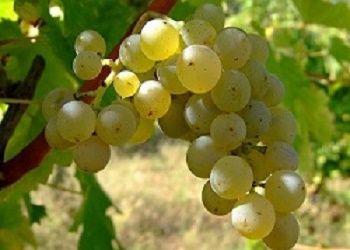
30% Chenin Blanc |
35% Black Grapes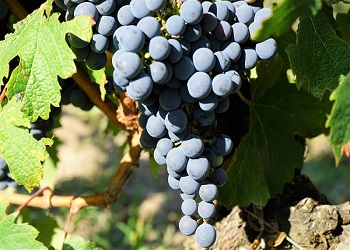
20% Cabernet Franc |
45% White Wines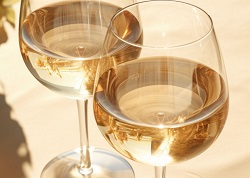
Anjou Blanc |
20% Red Wines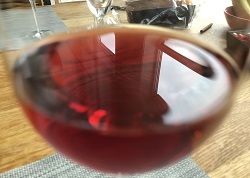
|
20% Rosé Wines
|
15% Sparkling Wines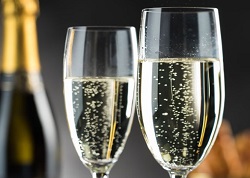
|
